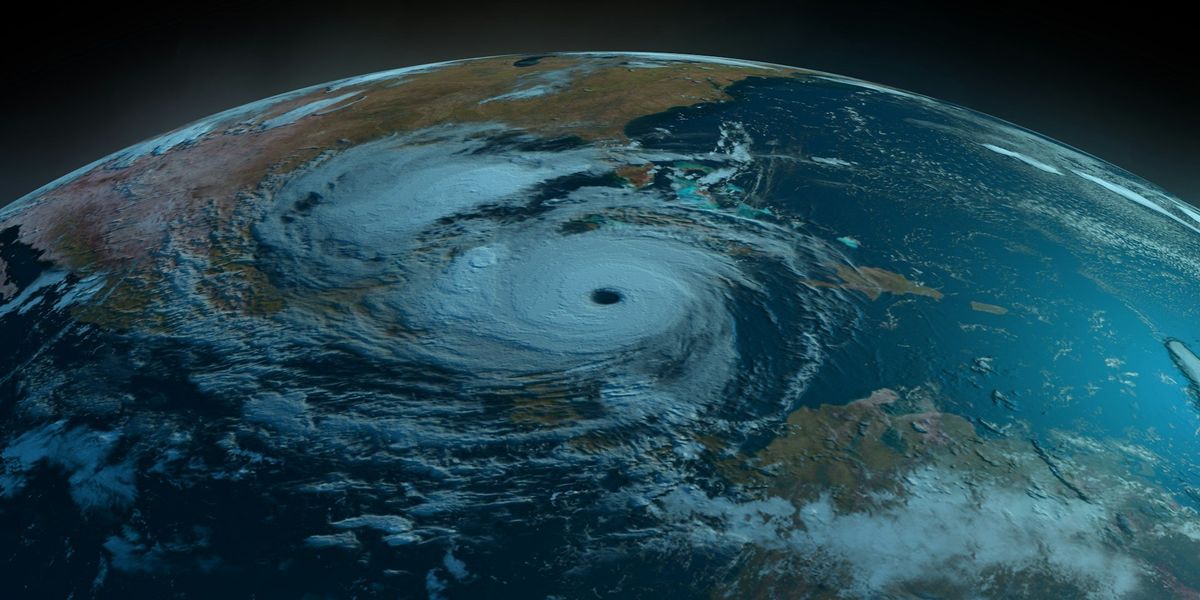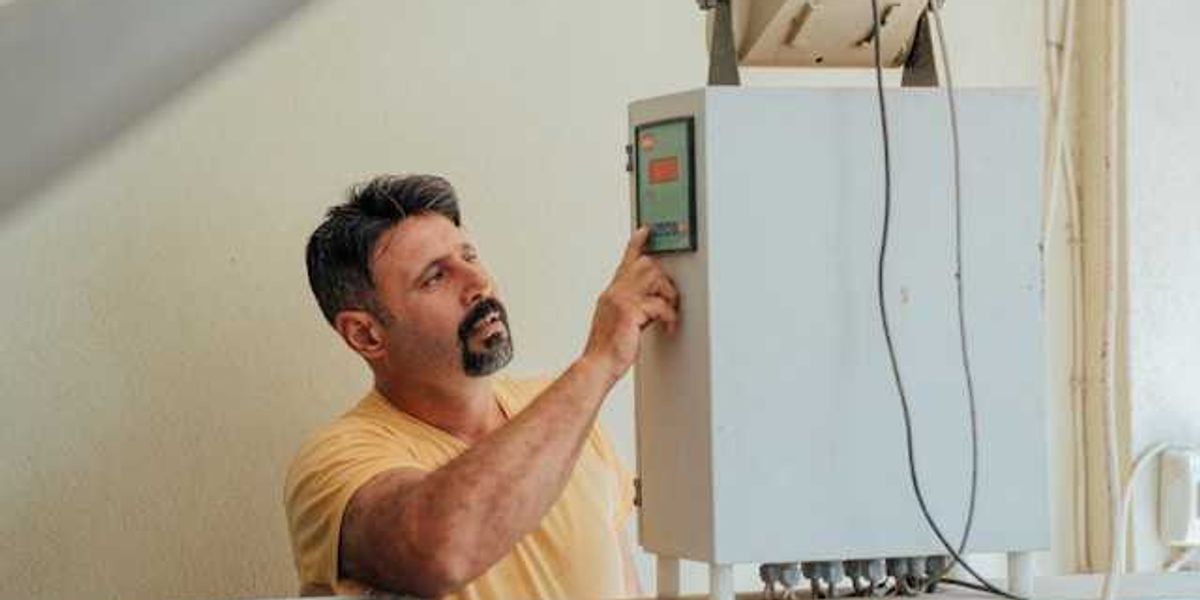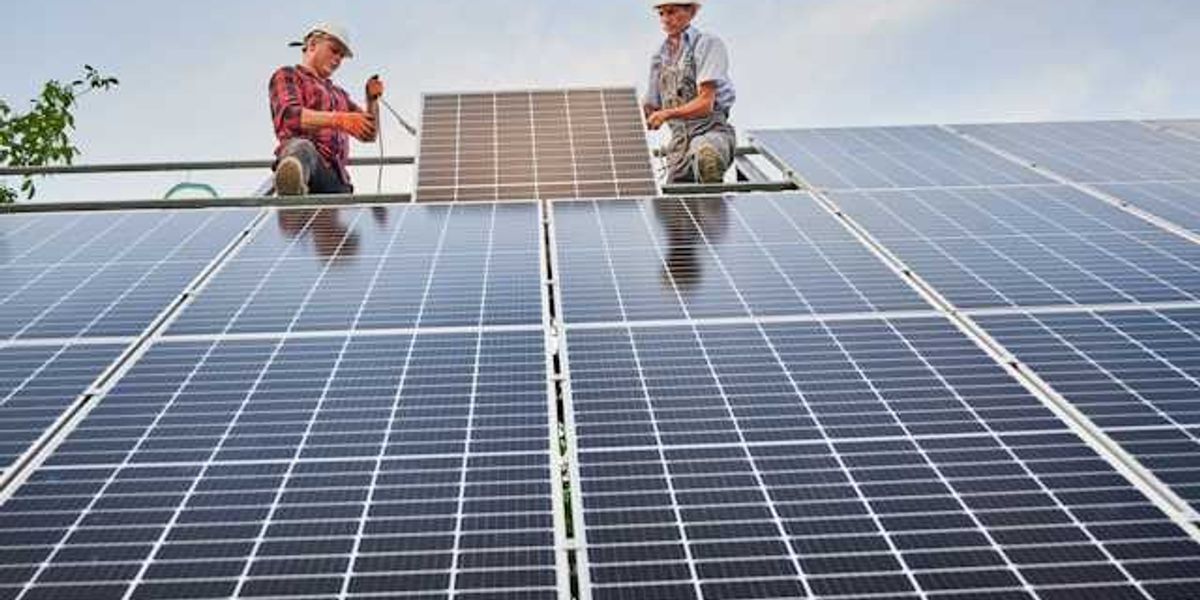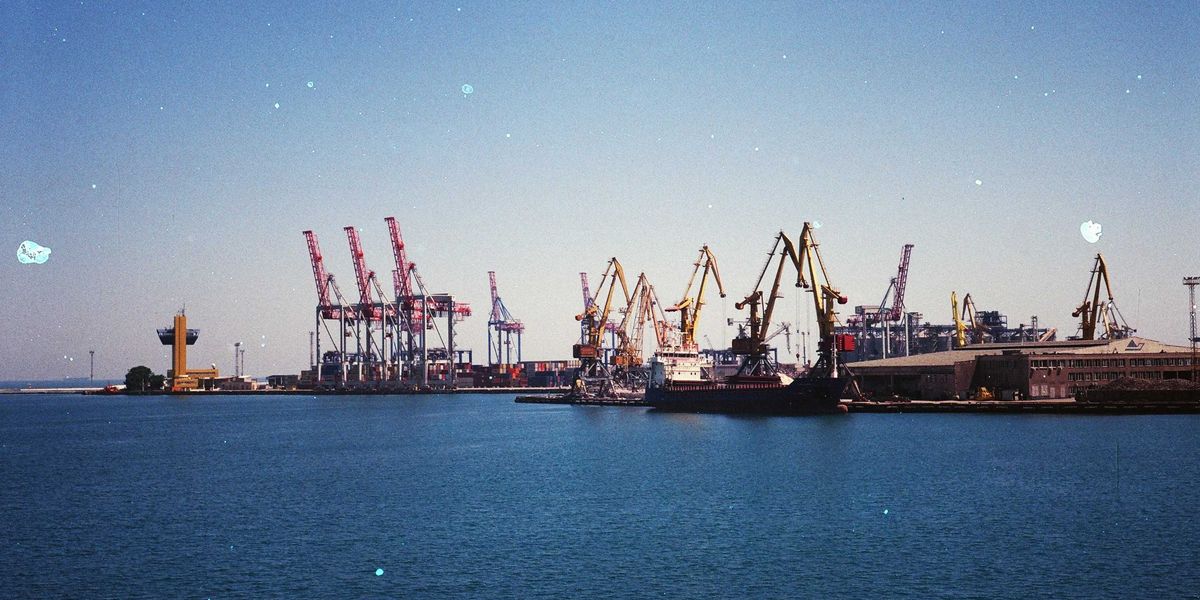
Europe builds its own weather data lifeline as U.S. pulls back
As Trump’s administration guts American science programs, Europe scrambles to build up its own climate data networks to avoid being left in the dark.
Kate Abnett, Valerie Volcovici and Sarah Marsh report for Reuters.
In short:
- European nations are accelerating efforts to replace climate and weather data long provided by U.S. agencies now facing massive cuts.
- Officials warn that without access to real-time data, countries can’t adequately plan for storms, sea-level rise, or infrastructure investments.
- Nations like Denmark, Germany, and Norway are backing up U.S. data, funding alternative systems, and even recruiting American scientists losing their jobs.
Key quote:
“This isn’t just a technical issue, reliable data underpins extreme weather warnings, climate projections, protecting communities, and ultimately saves lives.”
— Adrian Lema, director of the Danish National Center for Climate Research
Why this matters:
Real-time data from the U.S. has long been the backbone of global climate response, but with that backbone cracking, countries like Germany, Denmark, and Norway are duplicating U.S. data systems, funding their own satellites, and even offering a haven for displaced American scientists.The irony is rich: As climate change accelerates, the country that bears heavy responsibility for the world’s atmospheric carbon is pulling back from the science that helps manage the fallout. Europe’s scramble to fill the gap shows just how dependent global health and safety systems are on robust, publicly-funded science.













